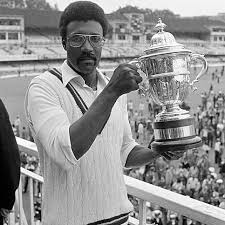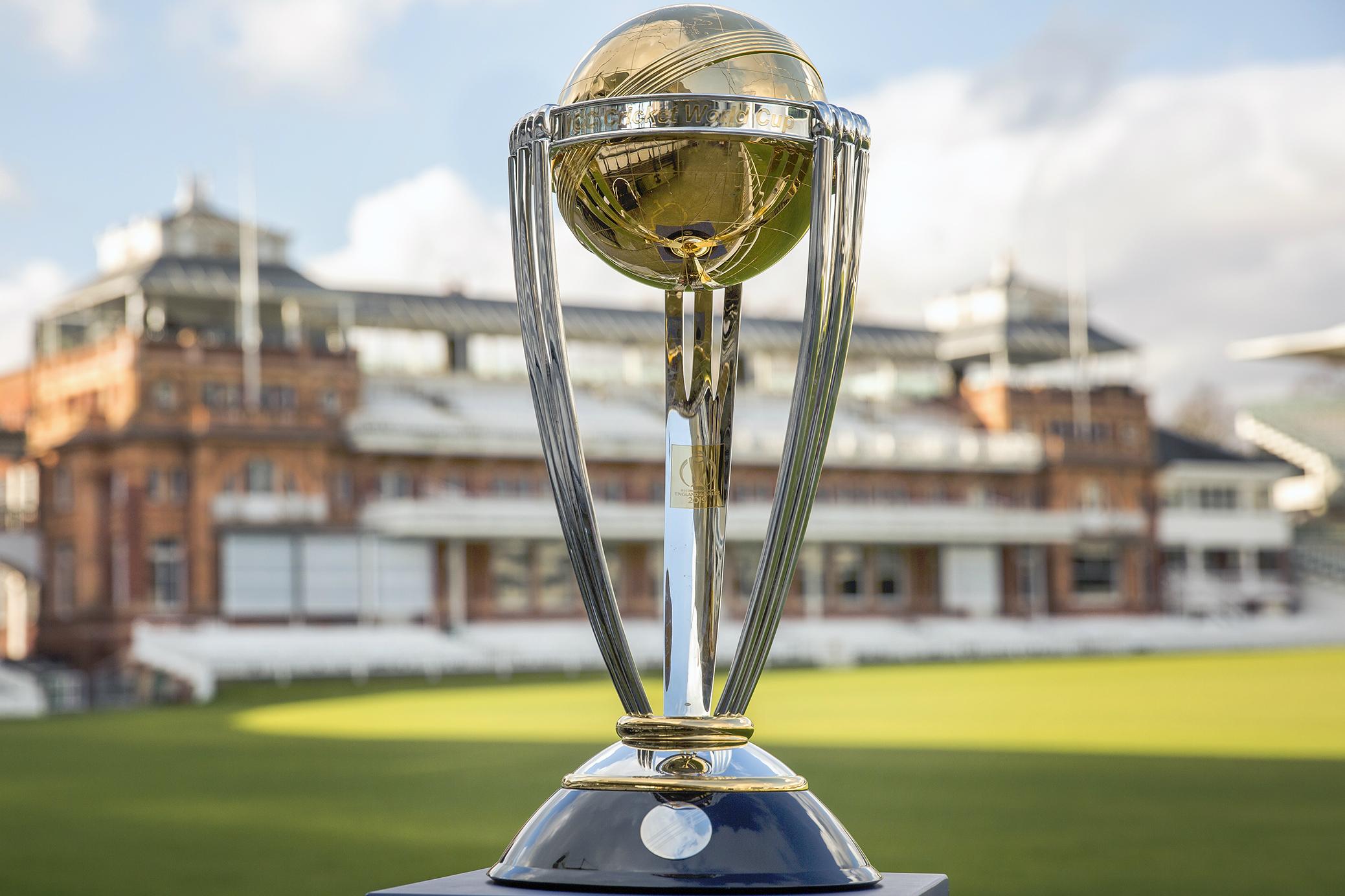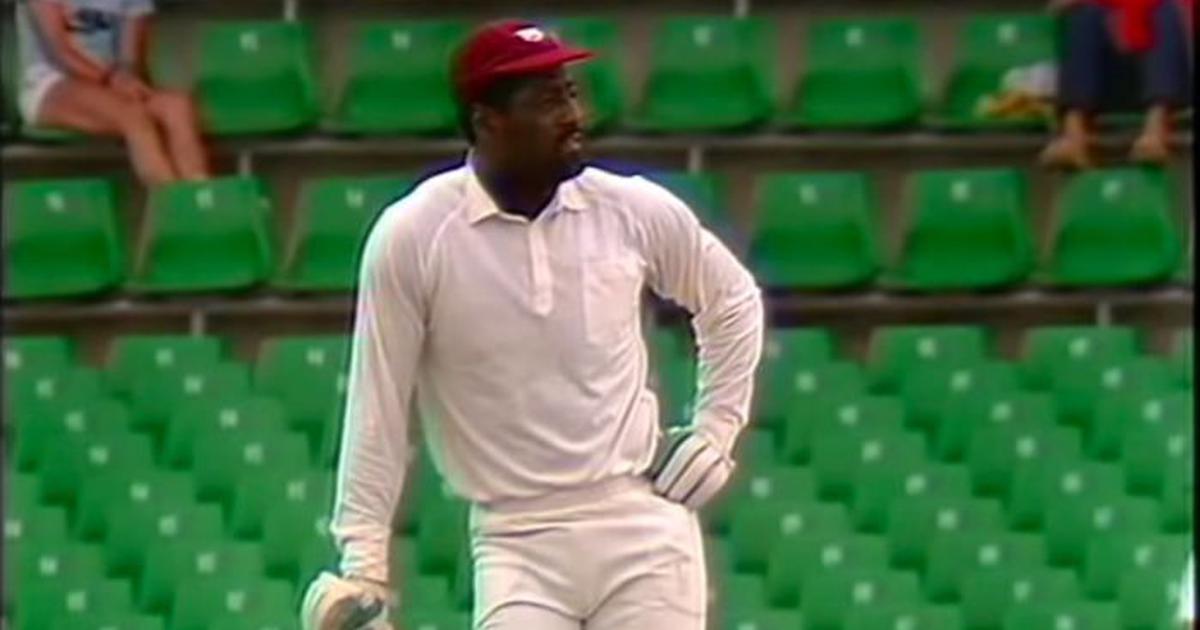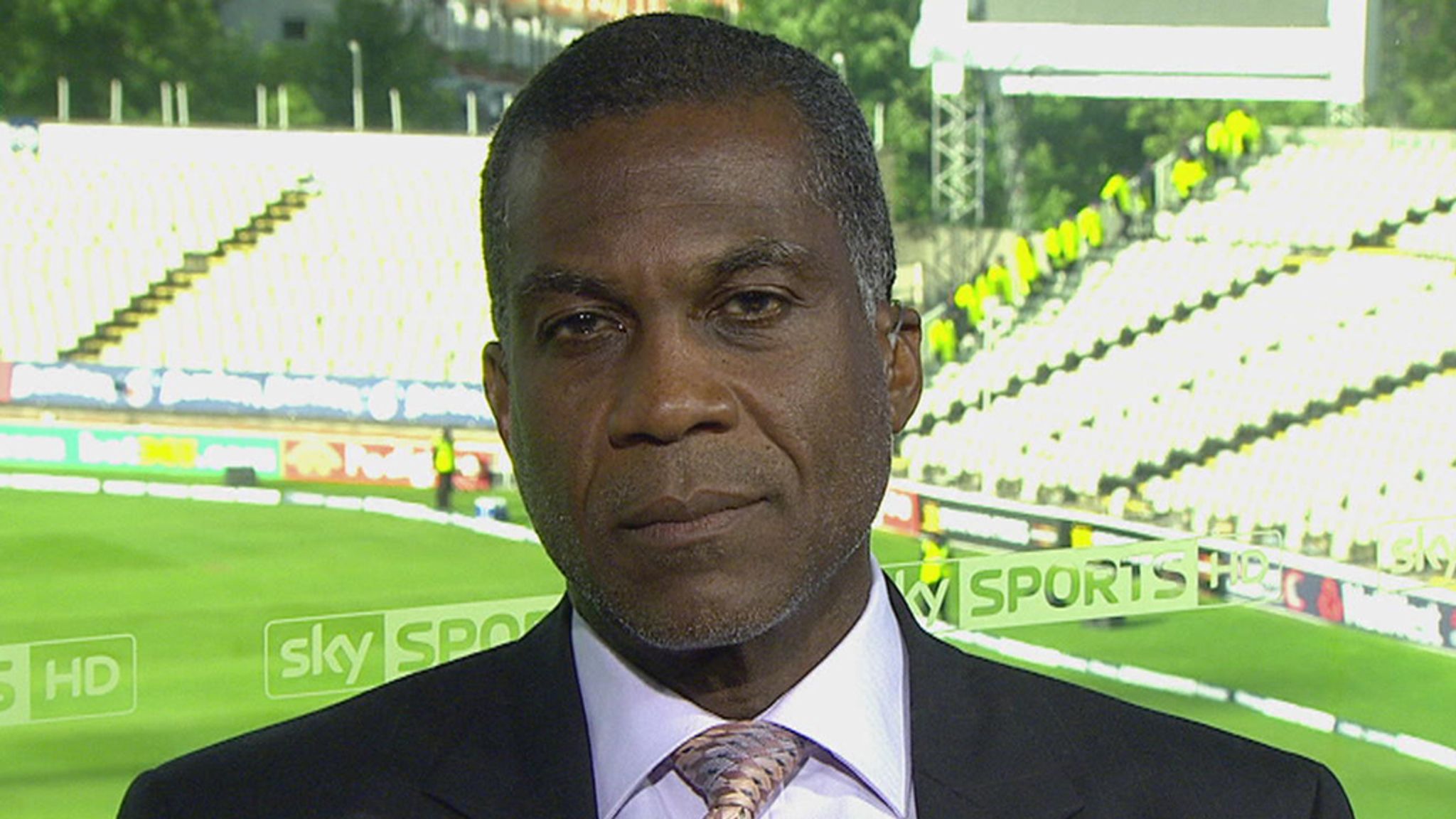What can you write about a captain who redefined how the game must be played? An outstanding thinker and someone who inspired a generation of West Indian cricketers to compete and emerge triumphant at the end of the campaign. Lloyd oversaw the West Indies to become the greatest team of the generation in both Tests and ODIs. He was the captain when West Indies won the ODI World Cup in 1975 and 1979. He also was the captain in 1983 when India snatched the World Cup. What happened after that, every Indian will remember the hammering in 1984. Clive Lloyd the captain par excellence.
Cricket owes a lot of gratitude to Clive Lloyd for introducing the 4 fast bowlers theory. Up until that point, a spinner was mandatory in all the international sides. Lloyd himself had spinners in his bowling armoury. It was the loss to India at Port of Spain, unable to defend 405 in the last innings that prompted Lloyd to dispense with spinners and utilise the services of his unmatched fast bowlers. It will be safe to say that Lloyd and the West Indies forced quite a few rule changes in the ICC rules book.
Lloyd’s methods effected rule changes
The introduction of 90 mandatory overs in a day was very much based on the influence the West Indies bowlers had where they hardly bowled over 70 overs. Most of them had a long runup which meant one over took more than 6 minutes to be finished. Those days, the game wasn’t based on number of overs but based on the time. The whole day was split into 3 halves of 2 hours each. At the end of the day, the moment the last half of 2 hours was finished, the game stopped. This meant that the West Indian bowlers were not stretched to bowl a lot more. The ICC had to act because the paying spectators were shortchanged. Clive Lloyd can lay credit for this rule change.
Another was the number of bouncers per over. The West Indian bowlers were relentless in their accuracy and attack. Every delivery was bowled at the throat of the batsmen. Run scoring came to a grinding halt because most of the batsmen were not good at pull or hook. This led to another change in the rule that not more than one bouncer can be bowled per over which was later changed to two per over.
The legacy of Clive Lloyd
Under Lloyd, the West Indies went for 27 Tests without losing a single Test. It included a run of 11 successive wins which was eventually broken by Steve Waugh led Australian team. The sight of a giant figure glaring down the pitch at the bowler will be a sight no bowler of that era will ever forget. He was a master tactician who inspired an entire generation. Just like the cricketers from the Caribbean during that period, he learned the game on the roads and beaches. His record of 36 wins out of 74 Tests is only a shade behind Steve Waugh and Ponting after all these years.
Indians will never forget Lloyd’s twin innings. In India in 1974-75 Lloyd toyed with the spin attack of ripped the heart of Bedi-Chandra-Prasanna exhibiting some of the most imperious strokeplay ever seen in India. The 163 at Bangalore and the unbeaten 242 at Mumbai won the series for his team. It was a sight to behold watching Lloyd dance down the pitch to hit the spinners off their line and length.
Australia was the only team that fought blow for blow with the West Indies. For a period, they had a better of the West Indies until Clive Lloyd led side set about to correct the record. In the 1975 series in Australia, Lloyd topped the batting charts with more than 450 runs against the ferocious pace of Lillee and Thomson. There was a saying in Australia that if Lillee does not get you, Thommo will. Those two bowlers were a nightmare for most of the batsmen. Lloyd played them with aplomb and helped the West Indies win the series.
Wrapping up Clive Lloyd the captain par excellence
In 2009, Sir Clive was inducted into the ICC Cricket Hall of Fame and was knighted in 2022. Where does Lloyd rank among the greats of West Indian cricket? I cannot comment on the famous Ws or for that matter, Kanhai or Sobers who were all extraordinary cricketers. Atleast over the last 40 years, he will be among the 5 great batsmen to emerge from those islands. I will rate him above Brian Lara and slightly below Vivian Richards. Richards was an extraordinary batsman who was a lynchpin in Lloyd’s team. However, Lloyd will not be an easily forgotten man. West Indian teams of the 80s and 90s are still remembered and revered by cricket fans all over the world because of Clive Lloyd’s all-conquering fast bowlers.
Other blogs about West Indies
https://icricketcritique.com/the-rise-of-the-west-indian-empire/
https://icricketcritique.com/the-fall-of-the-west-indian-empire/



